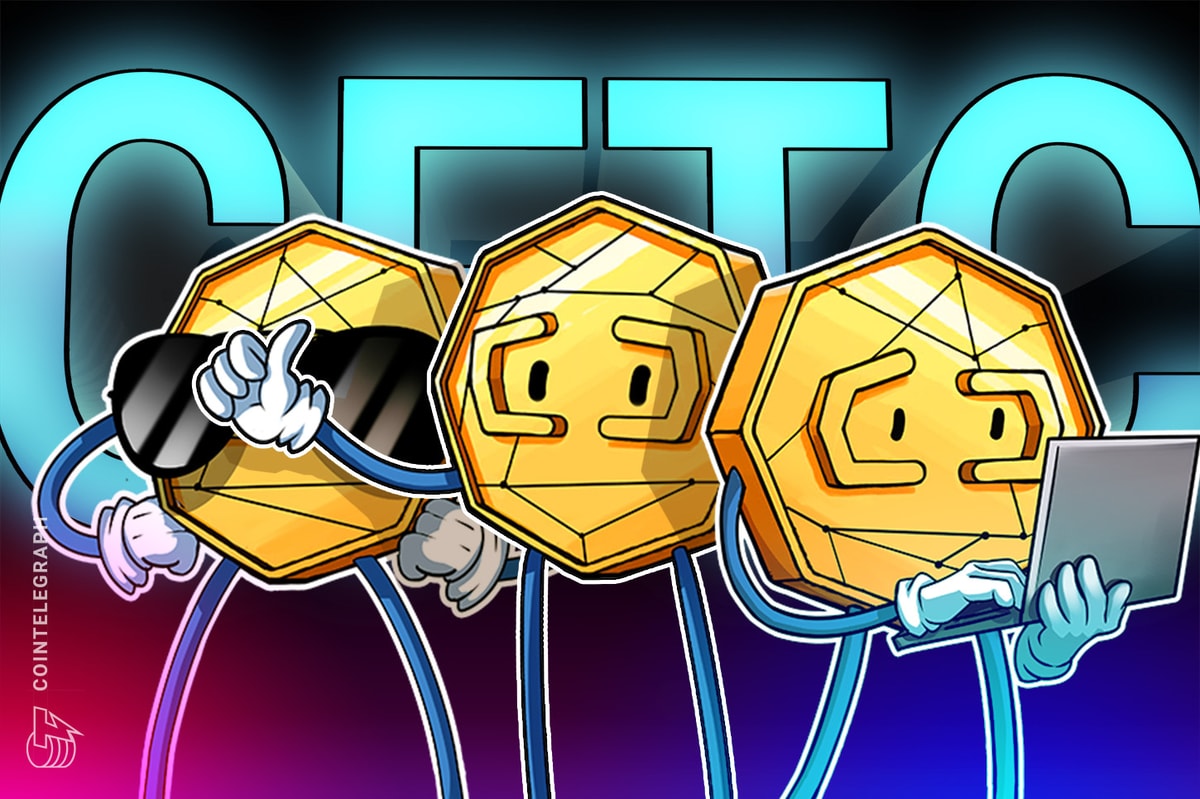Distributed ledger technology can help solve longstanding challenges in US financial markets, the report said.
News
The Commodity Futures Trading Commission endorsed using blockchain technology to manage trading collateral in United States derivatives markets, according to a Nov. 21 report by the CFTC’s Global Markets Advisory Committee.
Blockchain technologies — including distributed ledgers and tokenization — can address longstanding challenges for traditional derivative exchanges and expand the variety of assets available to collateral trades, the report said.
“All over the world, there have been successful and proven commercial use cases for tokenization of assets,” CFTC Commissioner Caroline D. Pham said in a statement, adding:
“Now, we can finally begin to make progress on US regulatory clarity for digital assets.”
Among other benefits, blockchain networks “can facilitate real-time, 24/7/365 transfers of the [collateral] asset without costly or complex linkages across multiple intermediaries,” the report said.
They “can also permit peer-to-peer transfers, meaning that a person owning the asset can transfer or pledge that asset without transacting through a broker,” it continued.
The Depository Trust and Clearing Corporation (DTCC) is piloting settling trades on blockchain networks. Source: DTCC
Related: Trump mulls tapping crypto-friendly CFTC chair: Report
Traders are often required to post collateral, or “margin,” to secure trades until they are completed.
The CFTC regulates commodity derivatives markets, such as exchanges, for trading futures and options, and plays a crucial role in overseeing US cryptocurrency markets.
President-elect Donald Trump — who has promised to turn the US into the “world’s crypto capital” — is reportedly mulling tapping a crypto-friendly commissioner to lead the CFTC when he begins his presidential term on Jan. 20, 2025.
Under US President Joe Biden, the Securities and Exchange Commission (SEC) and CFTC took aggressive regulatory stances toward crypto, bringing hundreds of regulatory actions against industry firms.
Summer Mersinger, a Republican CFTC commissioner who has urged the regulator to take a more accommodating stance on crypto, is among those under consideration to chair the agency.
Commissioner Pham has also taken pro-crypto stances, including criticizing the CFTC in September for charging Uniswap, a decentralized exchange (DEX), with running an unregistered derivatives exchange.
Source: Gary Gensler
On Nov. 21, Gary Gensler, the SEC Chair known for his hardline stance on cryptocurrency regulation, announced plans to depart from the SEC on Jan. 20, 2025.
Even before the post-election shake-up, there were signs that regulators and trading platforms were beginning to embrace tokenized assets as collateral for trades.
In September, the Depository Trust and Clearing Corporation (DTCC) — the United States’ central clearinghouse for securities trades — completed a pilot program exploring using tokenized US Treasury bills as trading margin.
Magazine: Terrorism and Israel-Gaza war weaponized to destroy crypto
This article first appeared at Cointelegraph.com News

